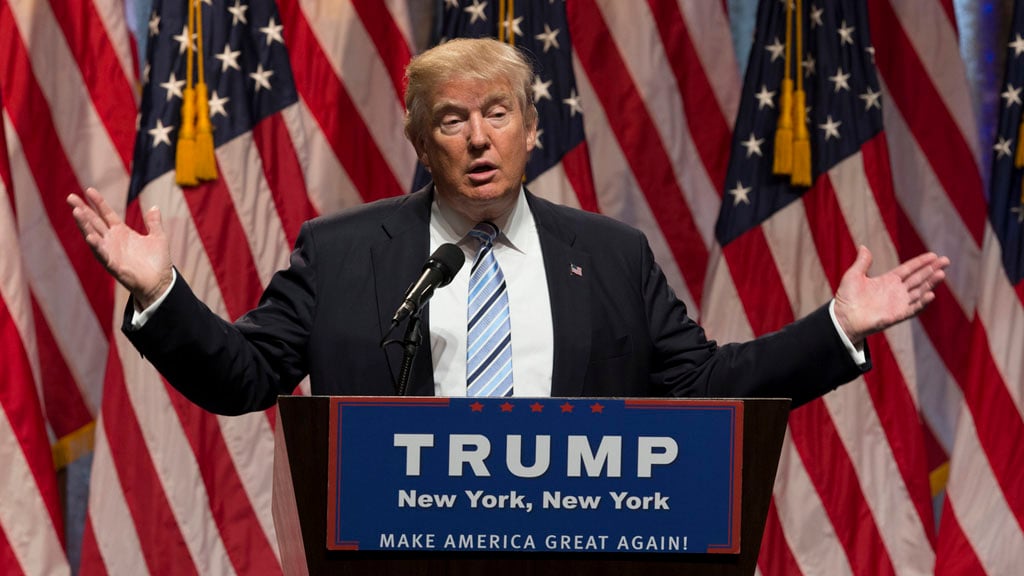A few days after Donald Trump lost the popular vote by more than 2 million, his campaign manager, Kellyanne Conway, claimed: “There is a mandate there, and there is a mandate for his 100-day agenda as well.”

Her assertion is part of a long tradition of post-election maneuvering. In 1932, after FDR beat Herbert Hoover in a landslide, Representative James Beck of Pennsylvania claimed that the victory was “a clear mandate.” But after JFK beat Richard Nixon in the closest popular vote of the 20th century—by fewer than 117,000 ballots—no less an authority than Harry Truman declared the same thing on behalf of his fellow Democrat: “When a President is elected, he automatically has a mandate from all the people.”
“Mandate” comes from the Latin for “ordered” and has specific uses in religious and secular law. In politics, however, it means exactly what the person talking decides it means. Landslide winner, squeaker winner, popular-vote loser—it’s an awfully malleable order.
Thus for George W. Bush, whose popular-vote loss in 2000 was followed by a win of more than 3 million in 2004, “mandate” was the baton he could finally wield. (He boasted of “political capital” before trying to convince Congress to privatize Social Security.)
“This is a defensive way of thinking,” says Julia Azari, a political scientist at Marquette University and author of Delivering the People’s Message: The Changing Politics of the Presidential Mandate. “I think this is going to be a big part of what we’re going to see in a Trump administration.” Azari expects that the President-elect will lean on his mandate—however imagined—to sell an agenda to Congress and the American people. What remains to be seen is whether the country will buy it.
This article originally appeared in the January 2017 issue of Washingtonian.


















